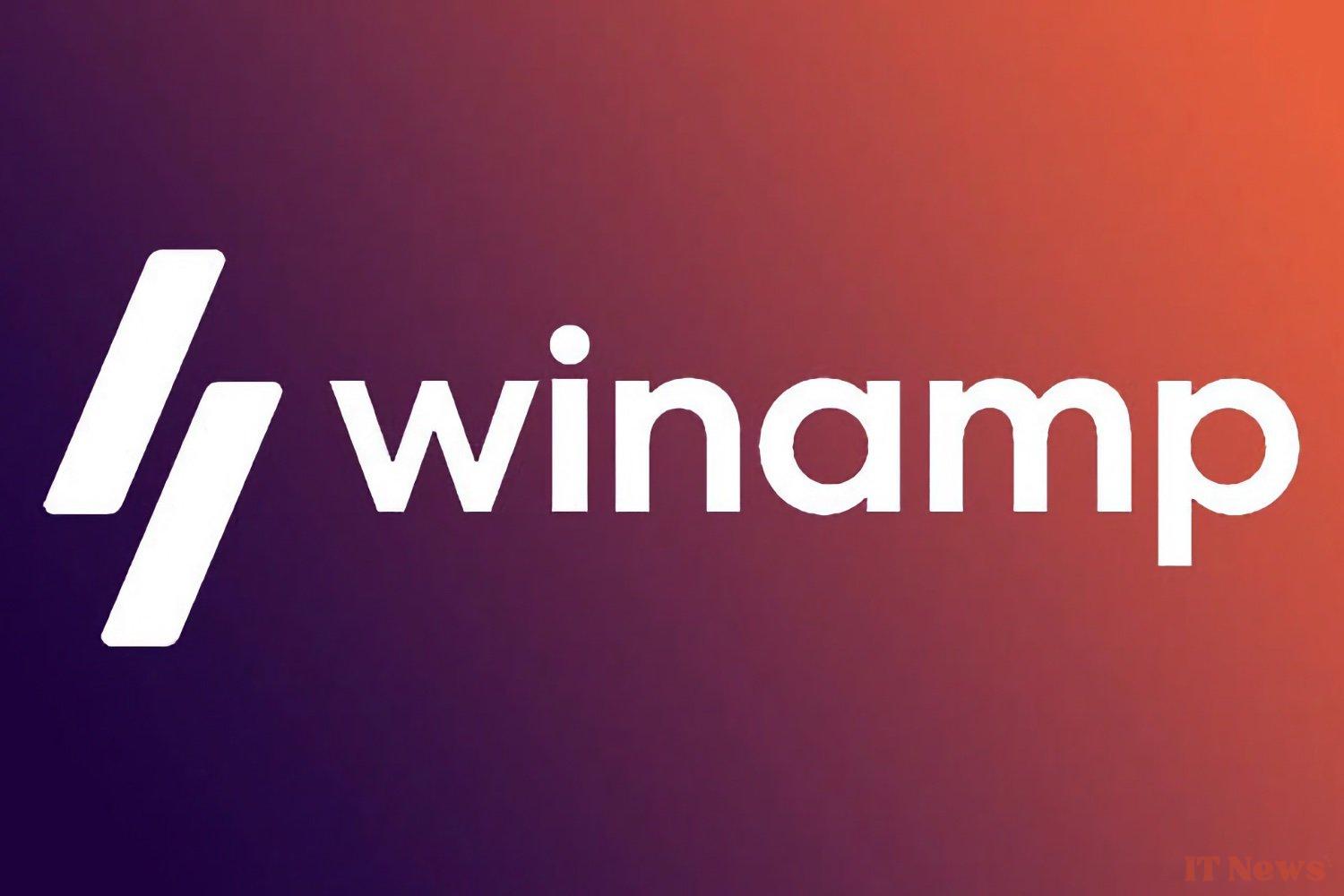It's a bit like David versus two AI Goliaths. Llama Group, which owns Winamp (yes, that good old audio player) and the music platform Jamendo, has decided to take on Nvidia and the startup Suno. The two companies are accused of using tracks from the Jamendo catalog to train their artificial intelligence models... without warning anyone.
Suspicions of AI being surreptitiously trained with free audio
It all started in late 2024, when members of the Jamendo community noticed that some online technical articles mentioned the platform as a training source for musical AIs. A quick overview led to a fairly clear conclusion, according to Llama Group: public documents seem to make reference to the use of the Jamendo catalog in the SunoAI Foundation Model and Nvidia's Non-Vocal Model.
The problem is that Jamendo's tracks are published under a Creative Commons license. In short: fine for personal listening or to illustrate an amateur project, but out of the question for commercial use without authorization. However, training a musical AI is rarely for fun. Suno already sells its services and NVIDIA is actively developing AI tools for the music industry.
Faced with these elements, Jamendo attempted to resolve the matter discreetly. Messages were sent to Suno and Nvidia, just to discuss. The problem: neither company responded. So, diplomacy was over: Llama Group called on an international law firm to demand explanations within one month. If the situation remains deadlocked, the case could well end up in court.
What's at stake here goes beyond Jamendo's interests alone. If this complaint goes through, it could set a precedent on the issue of using musical content to train AI. The entire industry is watching closely. Can a freely available track be used to train a commercial AI? And if so, to what extent?
NVIDIA could defend itself by claiming that an AI "is inspired" by music just as one musician might be inspired by another. But the argument is flimsy: the law remains clear on commercial uses, and music is far from being a gray area in terms of rights.
In parallel with this legal tension, Llama Group continues to work on a new version of Winamp. The player wants to reinvent itself as a platform for artists, with a "Fanzone" section where creators can sell merchandising or offer subscriptions. Ambitious, but not without criticism: some find the new Winamp's license a little too restrictive for developers' tastes... Which is ironic in light of this complaint.



0 Comments